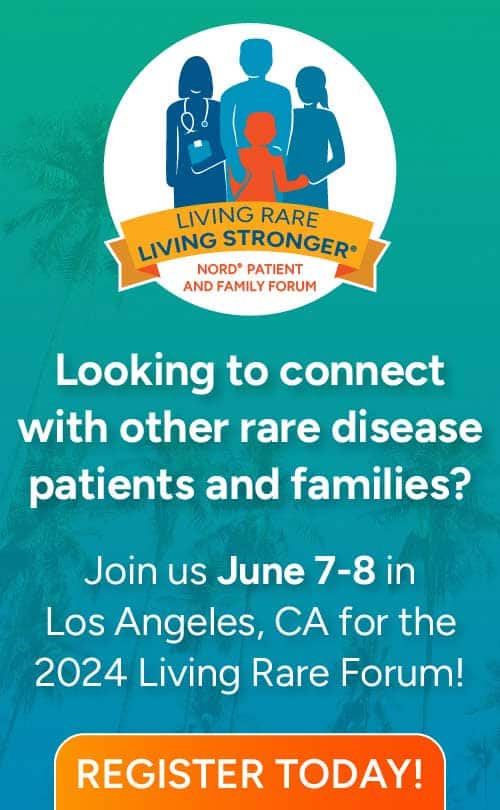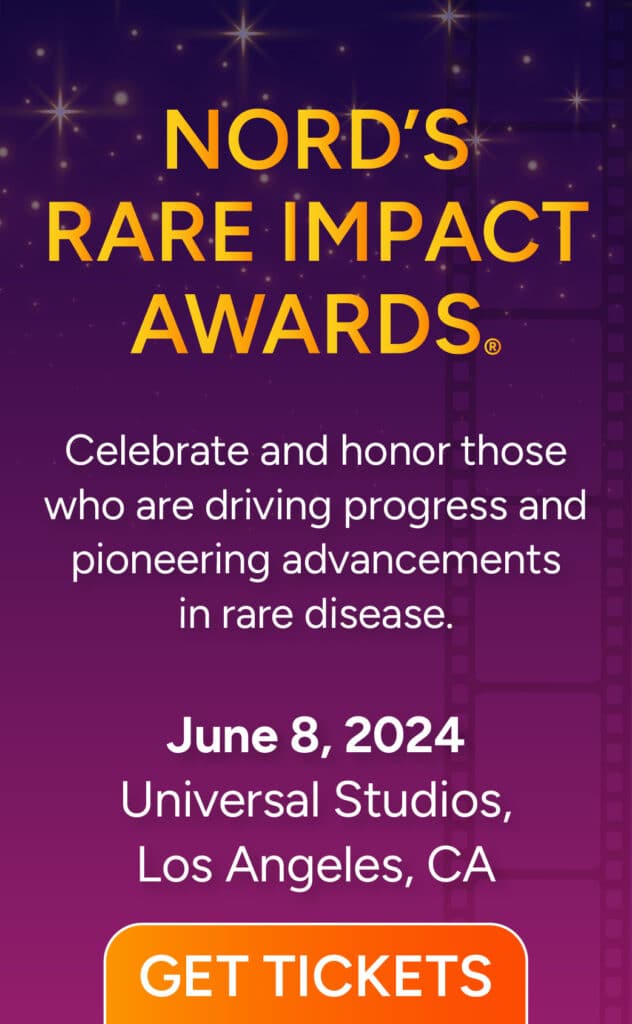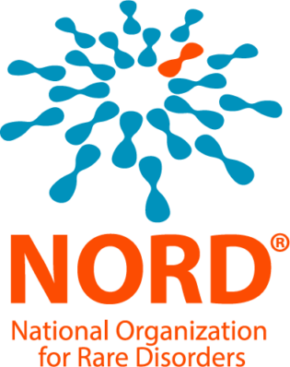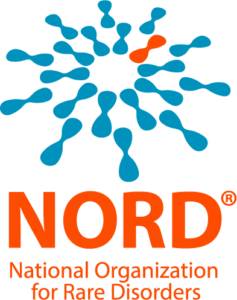The COVID-19 pandemic has caused great fears around drug shortages, the demand for personal protective equipment (PPE) and the status of clinical trial research for rare diseases. On September 16, NORD heard from our rare disease community and brought their questions directly to the United States Food and Drug Administration (FDA) during a special NORD listening session, including:
- What can we do if a medication we take is in short supply or back order? Can we prepare ahead of time?
- How can ultra-rare diseases still be researched – and possible treatments discovered and studied – despite COVID?
- What is FDA’s plan for dealing with data interruptions in ongoing clinical trials, if assessments couldn’t be collected, for example?
- Will remote capture in clinical trials data be valued as much as in-person trial data?
The NORD listening session included the rare community and regulators connecting for mutual understanding of COVID-19’s impact on patients, and FDA’s response to it. Due to the sweeping impact of the pandemic and the unprecedented circumstances of COVID-19, the meeting was open to the general public and drew a large audience, with 700 advance registrations.
Janet Maynard, MD, Director of FDA’s Office of Orphan Products Development, opened the session by describing the essential role FDA plays in supporting the development of safe and effective treatments for all diseases and conditions, including rare diseases.
Afterward, through heartfelt testimony of life and death circumstances, three community members shared their first-hand experience of the devastating and life-changing impact of the pandemic in regard to drug shortages, barriers to clinical trials and limited access to personal protective equipment (PPE).
Kristi Ouimet has two children living with primary hyperoxaluria type 1 and for her 9-year-old son Matthew, access to post-transplant treatments is critical to his survival. Her family has struggled to find these drugs during the pandemic:
“Our son was in the hospital and we could not get medication he needed to get before being discharged – there was no hospital or pharmacy within 150 miles that had the medication and the pharmacy that carried it for the hospital had been closed down due to COVID. On two other occasions I had to bring medication in from home for our son to be given during his in-patient hospital stay because the medication was not available in the hospital. When I asked why it was not available when it was the hospital that prescribed it, I was told restrictions to deliveries because of COVID.”
Kathleen Donohue, MD, FDA’s Acting Director of the Division of Rare Disease and Medical Genetics in the Center for Drug Evaluation (CDER), responded to Kristi’s story by describing the ways in which FDA works to ensure continued supply of this critical product for patients. FDA’s Khair ElZarrad, PhD, MPH, Deputy Director of the Office of Medical Policy in CDER, shared how patients can learn about possible drug shortages and what to do if they experience a shortage of their treatments.
Even as a leader of the cystic fibrosis (CF)-focused Bonnell Foundation, Laura Bonnell still struggled to find N95 face masks and other PPEs to protect her two daughters, Molly and Emily, from infection during the pandemic:
“CF doctors say there was zero chance of getting any N95 masks in the pandemic. And even with my privilege and position to advocate for my girls, I still cannot get the much needed N95 masks… Each girl has one N95 and they’re saving it in case things get worse than they are now.”
We heard from Aftin Ross, MSE, PhD, FDA’s Senior Project Manager/Senior Science Health Advisor All-Hazards Readiness Response and Cybersecurity (ARC) at the Center for Devices and Radiological Health (CDRH), on how FDA continues to undertake efforts to help ensure that healthcare providers have PPE available, including the use of Emergency Use Authorization (EUA) authority for non-surgical face masks.
Renie Moss, whose 15-year-old son Philip participates in a clinical trial for neurofibromatosis type 1, was also impacted by the pandemic:
Because of COVID-19, Philip was not able to complete the in-person tests… Instead, we had a telemedicine visit with his clinical trial team and this will be the longest Philip has gone between lifesaving medical surveillance by the same medical team that has imaged Philip’s tumor for over five years now… We are on high alert for changes in his vision, heart, muscle strength, any sign of new pain, and other issues that can signal either a severe side effect from the drug therapy or our worst fear, leukemia or a tumor malignancy that carries with it a very low survival rate.
FDA speakers heard Renie’s fears and responded by sharing the ways the FDA supports access to trials, especially through the recently published FDA guidance, Conduct of Clinical Trials of Medical Products during COVID-19 Public Health Emergency.
The COVID-19 pandemic has presented significant challenges for the rare disease community, and the stories shared by rare disease families demonstrated to FDA our struggles and real concerns about the future.
NORD would like to thank the hundreds of patients and caregivers who asked questions, offered to speak and attended the virtual meeting. We would also like to thank Dr. Janet Maynard, FDA’s Patient Affairs Staff, FDA’s CDER staff, the staff of the Centers for Drug and Biological Research (CBER), Centers for Devices and Radiological Health (CDRH) and everyone at FDA in continuing to create opportunities to listen to and support the rare disease community in our struggles during this pandemic.
Have questions for FDA? Visit FDA.gov/PatientsAskFDA.
Looking for NORD resources on COVID-19? Visit rarediseases.org/covid-19.






